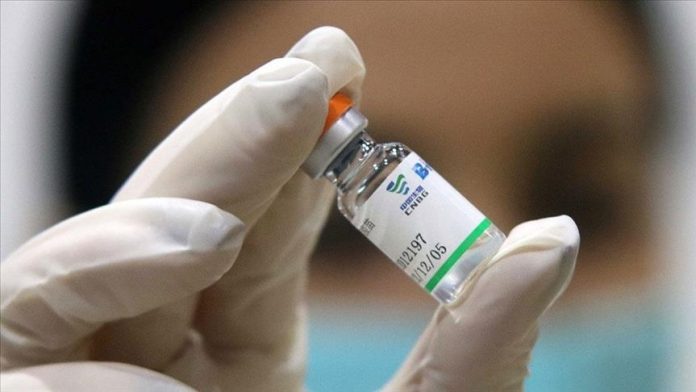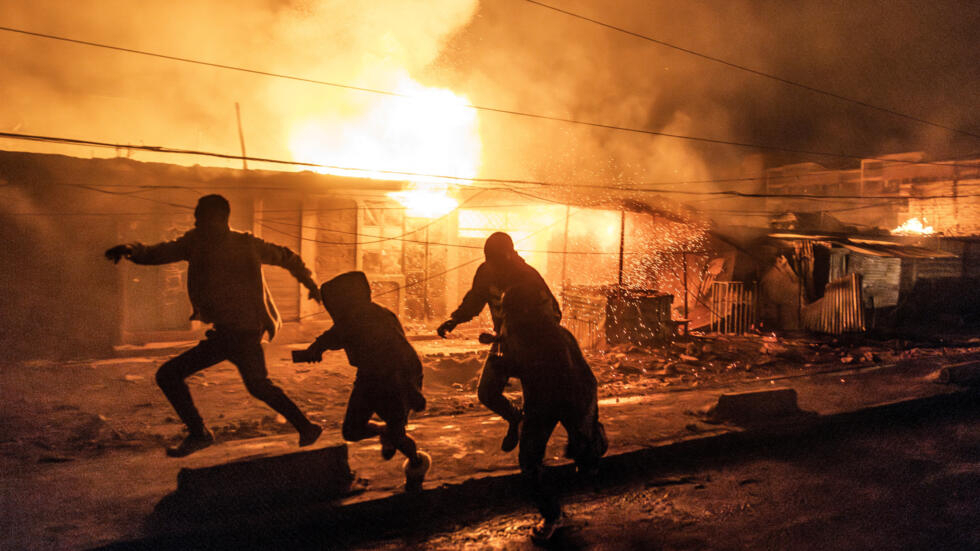Kenya is expecting 2 million doses of China’s Sinopharm COVID-19 vaccine to boost the ongoing vaccination drive which the World Health Organisation (WHO) has described as the only sure way to contain the pandemic.
Officials said the first donation of 200,000 is due in this month as the government ramps up efforts to vaccinate at least 10 million people by December, according to estimates given recently by President Uhuru Kenyatta
Kenya has already approved the use of Sinopharm in addition to Astrazeneca, Johnson & Johnson and Moderna which are already in use. The country is also expecting Pfizer from the US.
By September 10, Kenya had vaccinated 3,031,728 people. The country had also registered 242,945 cases and 4,896.
“Kenya has approved Sinopharm. We are confident in its effectiveness since it has been certified by WHO,” said Willis Akhwale, who chairs the COVID-19 vaccine Taskforce at the Ministry of Health.
According to WHO, the Sinopharm product is an inactivated vaccine called SARS-CoV-2 Vaccine (Vero Cell). Its easy storage requirements make it highly suitable for low-resource settings.
It is the also first vaccine that will carry a vaccine vial monitor, a small sticker on the vaccine vials that change color as the vaccine is exposed to heat, letting health workers know whether the vaccine can be safely used.
The vaccine has been administered to more than 1.9 billion people in China, the only country in the world that has registered remarkable success in containing the pandemic globally.Advertisement. Scroll to continue reading.
Chinese President Xi Jinping has promised to provide vaccines to other countries across the world as a “global public good”.
Officials said the country is already collaborating with African countries such as Morocco to manufacture Sinopharm vaccines on the continent, in what will help mitigate logistical challenges most countries in the continent are facing, including transportation and higher costs.
China has so far sent 52 million vaccine doses to 37 African countries, including 8 million donated doses, according to Beijing-based Bridge Consulting.
Since last year, China has collaborated with various African countries, including Kenya through training and provision of medical supplies.
Just recently, Kenya along with China and 22 other countries launched the International Forum on COVID-19 Vaccine Cooperation aimed at enhancing cooperation on vaccine deployment.
Kenya is still implementing a night curfew that starts at 10pm to 4am and has restricted public gatherings even though this is often violated by top politicians who continue to hold roadside rallies and hosting large groupings with abandon.
Hotels, bars and restaurants are also required to close at 7pm.
According to Dr Patrick Amoth of the Ministry of Health, Delta variant is the most prevalent in the country that is battling the fourth wave with increased infections, hospitalisations and deaths.
“The Delta Variant is the new sheriff in town. It has pushed all other variants and is the main variant in circulation that is driving our fourth wave of the pandemic. The natural evolutionary process of the virus is bound to happen and that is why we are on the lookout,” he said.Advertisement. Scroll to continue reading.
He said that sequencing of the data has been crucial to scientists studying the origins of COVID-19 outbreaks and the movement of viral variants across parts of the country.
“We continue to offer surveillance for other new and emerging variants. One of the new variants is the Mu variant that was first detected in Colombia, Latin America. It has now spread to more than 39 countries,” he said.
“It is a variant of concern because it shows a constellation of mutations which are compatible with increased transmissibility, potential for increased severe disease and vaccine escape.”
Mu, known scientifically as B.1.621, is the latest variant that has been classified as a “variant of interest”, by WHO and has mutations that indicate a risk of resistance to vaccines although further studies are needed to better understand it.













